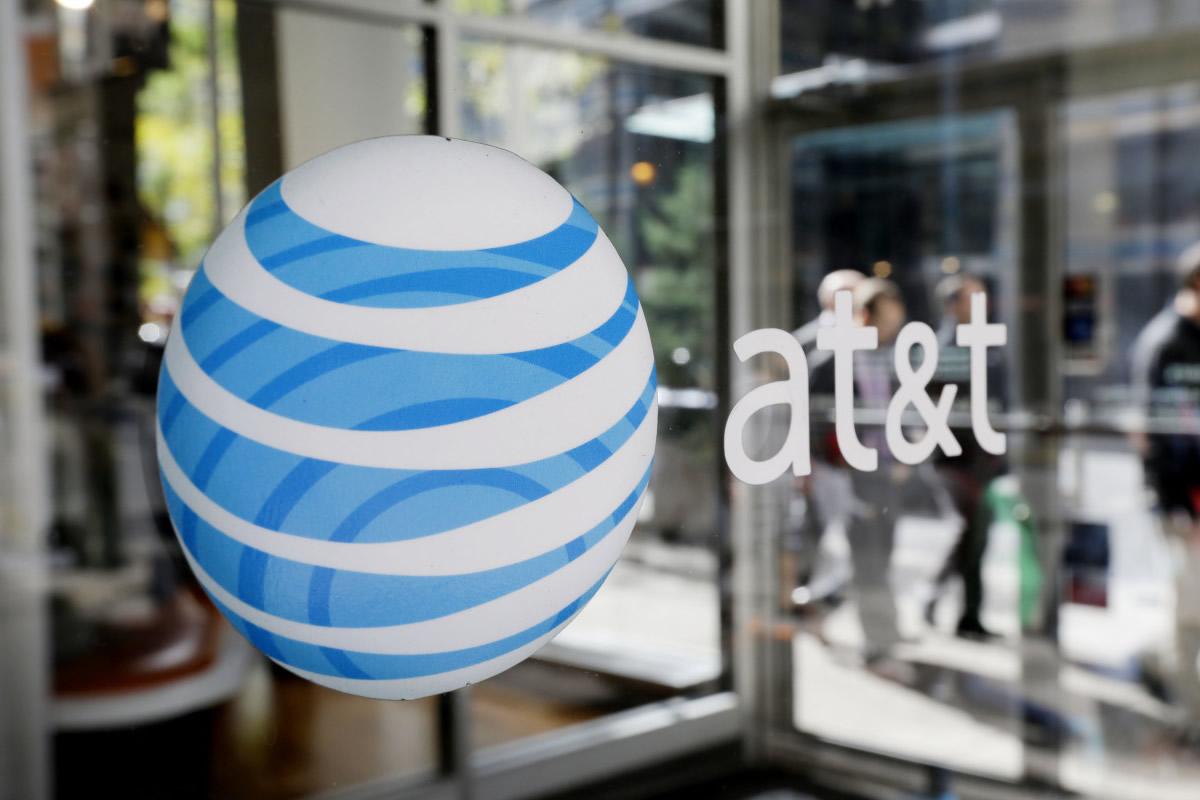
AT&T plans to extend its U-Verse with GigaPower fiber network to more cities as it prepares to face off with Google in deploying ultra high-speed broadband.

AT&T is giving Google a run for its money when it comes to building ultra high-speed gigabit broadband networks.
On Monday, AT&T announced that it has begun talking to municipalities in at least 21 major metropolitan areas to bring its AT&T U-Verse GigaPower fiber network to these communities. Like Google Fiber, the U-Verse GigaPower network offers broadband customers 1 gigabit per second downloads at what’s expected to be an affordable price.
AT&T hasn’t announced pricing for the U-Verse with GigaPower service in the new territories, but in Austin, where it’s already launched U-Verse with GigaPower, it has priced the service to match Google’s $70 a month service. If all goes well in negotiating with each city, AT&T said it plans to begin building these networks by the end of the year.
AT&T has already begun selling 300 megabits per second broadband service on a fiber-to-the-home network in Austin, Texas. It has plans to upgrade the service to 1Gbps download speeds later this year. The company has already announced plans to bring the gigabit broadband service to Dallas, and it’s in advanced talks to deploy the service in the Triangle region of North Carolina.
Now AT&T is expanding beyond those initial deployments and taking gigabit broadband to as many as 100 municipalities within the 21 metro markets. The move will pit AT&T against Google Fiber in a total of 14 markets, including Austin and San Antonio, Texas; eight cities in the Triangle region of North Carolina; Kansas City; San Jose, Calif.; and Atlanta, Ga.
AT&T is also planning to build the network in several major cities in which Google has not yet expressed interest, including San Francisco, Los Angeles, Chicago, Cleveland, Miami, and Houston
Google’s influence
Even though AT&T denies that its gigabit fiber service is in any way a reaction to the service that Google has been building, it’s clear that Google’s presence in the market has changed the dynamics.
Google announced plans to build an all-fiber network in February 2010. The company called on cities throughout the country to put together proposals and applications to be selected as the first Google Fiber city. Kansas City won the initial bid, and Google launched the gigabit fiber network in 2012. The company has since announced expansion of the network to other cities including Austin, Texas and Provo, Utah. Earlier this year, Google announced it is now considering deployment of Google Fiber in 34 additional areas.
Initially, the idea behind Google Fiber was for the company to build a commercial fiber-based high-speed broadband network that Google and others could use to test new business models and applications that need very fast connections — upward of 1Gbps. Google still sees this as an important component behind the service, but it also sees Google Fiber as a money making opportunity.
Speaking at the Fiber-to-the-Home Council meeting held in Kansas City in May of 2013, Milo Medin, vice president of access services for Google, said that the initial Google Fiber deployment in Kansas City was not just a test bed, but the beginning of an actual business that the company hopes will one day be profitable.
“We expect to make money from Google Fiber,” he said. “This is a great business to be in.”
It looks like AT&T, which initially began building its U-Verse high-speed broadband network more than a decade ago, using a combination of fiber and traditional cabling, has also gotten the religion. But the fact that AT&T has changed the architecture of its network to include extending fiber directly to homes instead of stopping at the home or the curb isn’t the exciting part of the company’s new efforts. It’s the fact that the company is following in Google’s footsteps in offering an ultra-high speed service that offers downloads of 1 gigabit per second at a price that is expected to be less than $100 per month.
Read more at CNet.com/AT&T-gigabit




